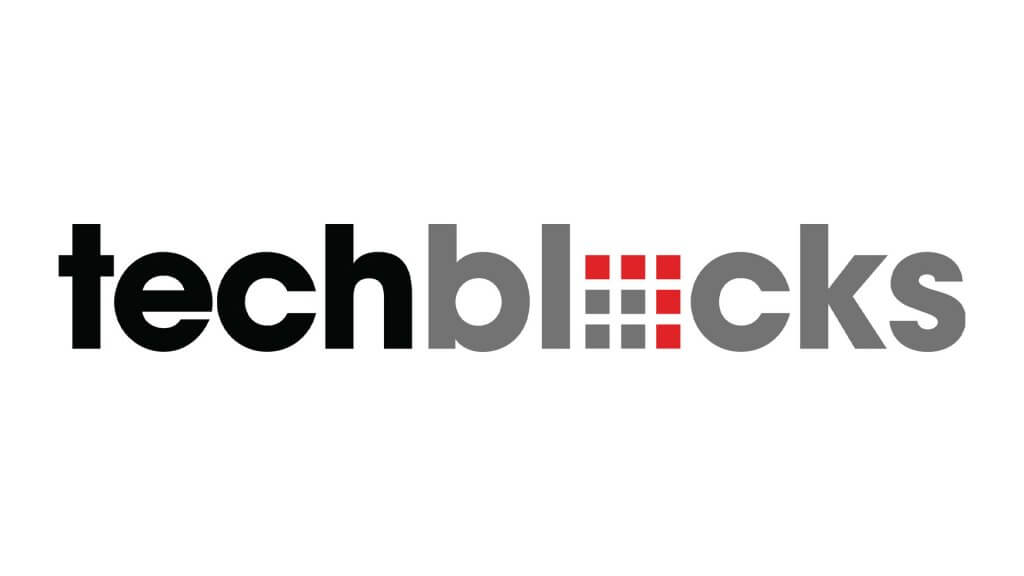
The number of sales generated by an insurance company directly affects its bottom line, which is why its sales department needs to operate efficiently. One of the ways a company can improve this business aspect is by implementing insurance CRM with functionality tailored to the needs of insurance providers.
This article highlights five essential insurance CRM capabilities that can help a company to enhance its sales-related processes and increase the number of deals.
Contact management
Contact management is a critical insurance CRM functionality for storing contacts of both prospects and customers in a unified place. A CRM contact record typically contains names, addresses, phone numbers, links to social media profiles, and other data associated with a particular person. For each contact, a CRM system also stores a complete relationship history, including purchased plans, policy renewals, customer service inquiries, and existing claims.
This way, CRM allows insurance sales reps and support agents to get all the necessary information about potential and existing policyholders and use it to personalize their communication and services. Sales agents, in particular, can also tailor their sales presentations and pitches so that they better resonate with the preferences and needs of individual customers, thus increasing the chances of closing a deal.
Sales automation
Insurance companies can use CRM systems to automate the time-consuming manual tasks their sales agents have to deal with daily and thus improve the overall sales department’s efficiency. Here are some processes that a CRM system can streamline with rule-based automation:
- Customer contact updating
Updating customers’ contact records with new data manually can be too exhausting for agents, negatively affecting their productivity and sales performance. Luckily, this process can be optimized with a CRM system. For instance, it can intake information about new deals and transactions associated with the policyholder from an email conversation and other sources and add it to customer records automatically.
- Lead qualification
Qualifying leads manually is not only time-consuming but also inefficient. Relying on their subjective judgment, agents can make mistakes and end up wasting work time on uninterested or irrelevant leads. Instead, insurance CRM can score leads automatically according to predefined criteria and based on their demographic, behavioral, or location data to help agents prioritize leads who are most likely to purchase.
- Document generation
Throughout the sales process, agents have to create many different types of documents (contracts, policy quotes, invoices, to name a few) to send to clients. Although this clerical activity takes a lot of time, it does not directly contribute to a company’s bottom line, which is why it needs to be automated.
An insurance CRM system can provide agents with predefined templates that help them create documents much quicker. It can also populate generated documents with relevant data automatically based on data classification tags attached to customer records.
Task management for insurance agents
An insurance CRM system can provide a task management tool for organizing and prioritizing customer relationship management activities, including customer calls, insurance product presentations, and so on. Company managers can use this functionality to assign tasks to agents, set start and due dates for each task, and track their completion, helping bring order to sales teams’ daily routines.
Insurance CRM solutions can also provide collaboration capabilities that help different members of the sales team work together more efficiently. These can include shared calendars, live chats, task comments and notes, and document-sharing tools.
Sales performance tracking
Tracking sales is an essential practice that allows company managers to evaluate the performance of both sales teams and individual insurance agents, identify inefficiencies and bottlenecks in the sales process, and eliminate them.
In this context, the implementation of insurance CRM complemented with sales performance tracking features will allow a company’s managers to easily monitor KPIs associated with agents’ sales performance, including new policies per agent, quote rate, bind rate, or policy renewal rate.
Post-sales support
Last but not least, insurance CRM can help a company improve after-sales servicing. By building stronger relations with existing policyholders, an insurer increases the chance of a repeat purchase, which can also contribute to overall sales numbers.
In particular, insurance agents can use CRM to set up and automate a follow-up email process to reach out to the customer some time after the deal is already closed with more offers. The CRM system can send these follow-up emails automatically, based on predefined rules and in required time periods. In addition, a CRM system can provide a recipient’s personal details for agents to quickly personalize and tailor each message, making it more engaging.
Final thoughts
A digital solution, such as insurance CRM, can help your insurance business improve sales by providing the right tools to your managers and agents. To maximize your company’s sales performance, we recommend choosing CRM with robust contact management, sales automation, and task management features. Besides that, your CRM system should provide sales performance tracking and post-sales support capabilities.
A company can access these and other useful functionalities either by purchasing or developing insurance CRM from scratch. Experienced CRM consultants can help you choose between those two implementation options, as well as implement your selected insurance CRM solution cost-efficiently and smoothly to ensure high adoption ROI.




















